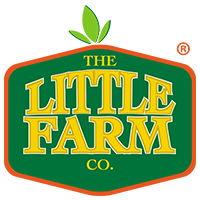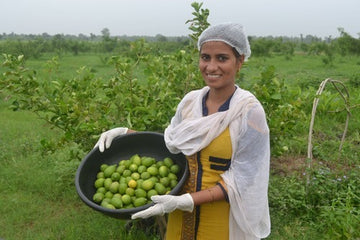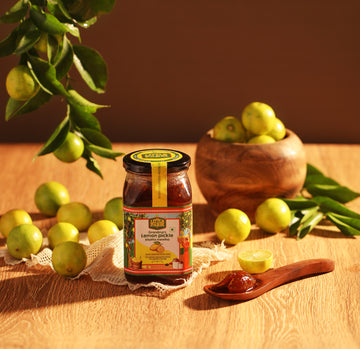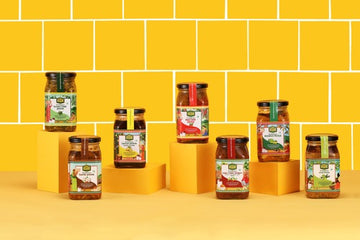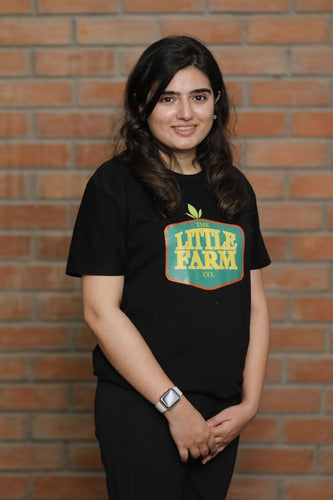Sustainability has become an increasingly important aspect of many businesses in recent years, as we recognize the impact that our actions have on the environment and society as a whole. One industry that has traditionally not been associated with sustainability is the pickle business. However, there are many ways in which The Little Farm Co., incorporates sustainable practices into our operations and contributes to a more sustainable future.
One key way in which we embrace sustainability is by sourcing our ingredients locally and organically. By doing so, we can reduce our carbon footprint and support local farmers, while also ensuring that our products are free of harmful chemicals and pesticides. This has been achieved by building relationships with local suppliers and farmers, and by prioritizing organic and sustainable farming practices in our supply chain.
Another way in which we have incorporated sustainability is by reducing waste throughout our production process. This involves implementing recycling and composting programs, using reusable containers and packaging, and optimizing production processes to minimize waste. For example, excess brine and leftover vegetable scraps are turned into pickled relishes or chutneys, creating new products and reducing waste.
In addition to reducing waste, we also prioritize energy efficiency and renewable energy sources. This involves upgrading equipment to more energy-efficient models, using renewable energy sources such as traditional pickling methods, and implementing energy-saving practices such as turning off lights and equipment when not in use.
Furthermore, to the practices mentioned above, there are other ways in which our pickle business incorporates sustainability into our operations. For example, we have a fresh water source in our farm which we utilize to reduce water usage by implementing water-saving practices such as reusing water in our production processes and implementing water-efficient equipment.
We also prioritize social sustainability by supporting fair labor practices and contributing to the local community. This involves partnering with local organizations, offering fair wages and benefits to their employees, and prioritizing ethical and sustainable sourcing practices.
Another way in which we contribute to sustainability is by embracing innovation and technology. For example, we explore new and innovative methods of preserving our products that are more energy-efficient and eco-friendly. So be a part of this sustainable initiative of producing pickles by buying one today Handmade, No Preservatives Gobhi Gajar Shalgum Pickle.
Finally, it's important for The Little Farm Co., to embrace a long-term perspective when it comes to sustainability. This means thinking beyond short-term profits and prioritizing sustainable practices that will benefit both the environment and the business in the long run. By doing so, our pickle business can contribute to a more sustainable future for all of us.
In conclusion, incorporating sustainability into our pickle business is not only possible, but also necessary. By adopting sustainable practices such as sourcing ingredients locally and organically, reducing waste, prioritizing energy efficiency and renewable energy sources, and contributing to our local community, the Little Farm Co., reduces our environmental impact, builds relationships with local suppliers and customers, and contributes to a more sustainable future.
If you haven't yet tried our pickles, we invite you to experience the authentic taste of traditional pickling with The Little Farm Co.
